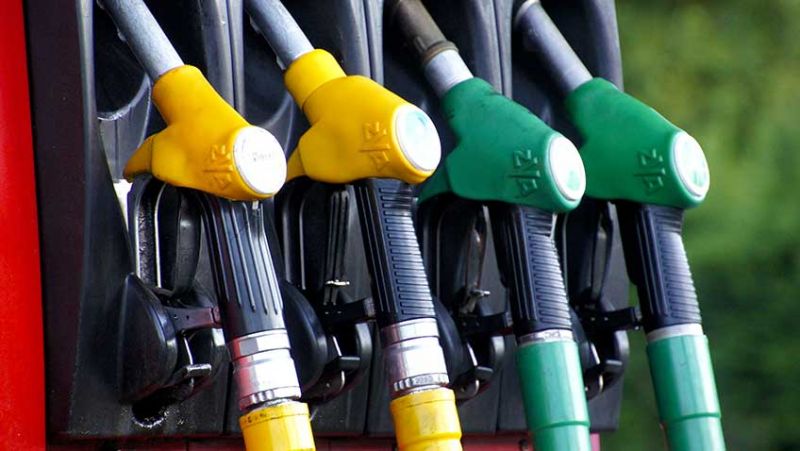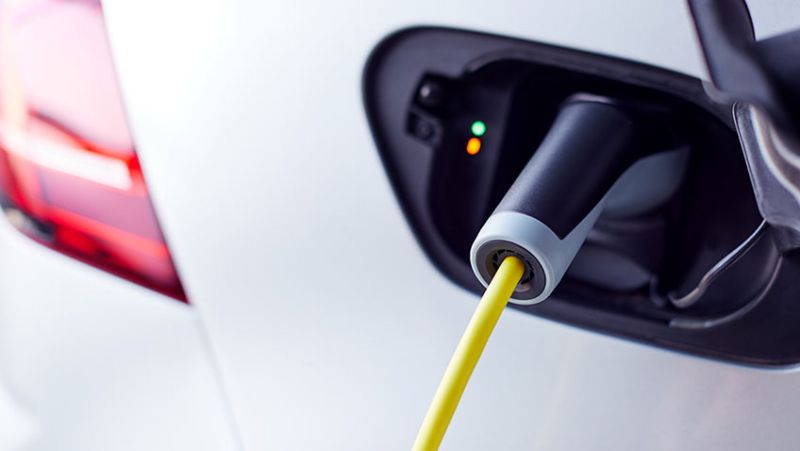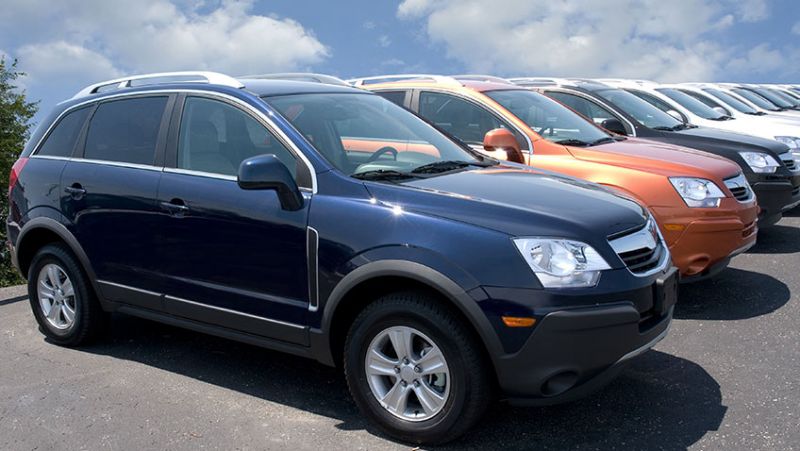
When buying a used car, it's important to be aware of the risks involved in the process. You don't want to end up with a lemon, so it's crucial to take your time and do your research before making a purchase. Here are a few tips to help you buy a used car without getting taken for a ride.
It's no secret that buying a car can be a costly endeavor. Not only do you have to pay for the car itself, but you also have to factor in the cost of registration, insurance, and repairs. And if you're not careful, you may end up overspending on a vehicle that doesn't meet your needs.
Research your options
When buying a used car, it's important to do your research before making a purchase. Not only will this help you find a car that meets your needs and budget, but it will also help you avoid buying a lemon.
There are a few things you should keep in mind when researching different cars. First, consider your needs and budget. What are you looking for in a car? How much can you afford to spend? Once you've answered these questions, you can start narrowing down your options.
Next, it's time to start looking at different cars. Begin by checking out online listings and visiting dealerships in person. As you're looking, be sure to take note of the cars that interest you and research them further. Pay attention to things like the vehicle's history, safety features, and mileage.
Get a car history report
When buying a used car, it's important to get a car history report. This report will tell you the car's history, including any accidents or repairs it has been through. This information is essential in helping you make an informed decision about whether or not to buy the car.
There are a few different services that offer car history reports. One of the most popular is Carfax. All you need is the car's VIN number, and you can get a detailed report that includes everything from the car's ownership history to its maintenance records.
Test drive the car
When buying a used car, it's important to take it for a test drive before you make a purchase. This will give you a chance to see how the car handles and how it feels on the road. Make sure to take the car for a test drive on different types of roads. You'll also want to test out the car's features and see how easy it is to use them. And if you're buying a car with a manual transmission, be sure to take it for a spin on the highway to get a feel for how it accelerates.
Check for damage
When buying a used car, it's important to check for damage. This includes both exterior and interior damage. Exterior damage can include things like dents, scratches, and rust. You'll want to take a close look at the car to make sure there isn't any damage that wasn't disclosed by the seller.
Inspect the engine and brakes
When buying a used car, it's important to inspect the engine and brakes. This will help you make sure the car is in good condition and that there aren't any major repairs that need to be done. To inspect the engine, you'll want to take a look at the belts and hoses. You'll also want to check the oil level and see if there are any leaks.
To inspect the brakes, you'll want to check the condition of the brake pads and rotors. You'll also want to look for any leaks in the brake lines.
Negotiate the price
When buying a used car, it's important to negotiate the price. This will help you get the best deal possible on the car. Start by researching the car's value and then come up with a fair price that you're willing to pay. If the seller isn't willing to budge on the price, you may want to walk away from the deal.
By following these simple tips, you can be sure that you buy a used car that's right for you and your budget.






